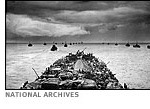For those who could afford one before the war started (production factories were converted to war production), radios served as important fixtures of the home front house. Styled more like furniture, and called “consoles”, you’d find one in a prominent place of the home within hearing range of the kitchen.
President Franklin D. Roosevelt’s famous “Infamy” speech was delivered through radio waves and it’s easy to picture every home in America tuned in with family and neighbors gathered around. The news of the bombing at Pearl Harbor and the speech land radio an earned spot of WWII history.
“Yesterday, December 7, 1941—a date which will live in infamy—the United States of America was suddenly and deliberately attacked by naval and air forces of the Empire of Japan….
“I believe I interpret the will of the Congress and of the people when I assert that we will not only defend ourselves to the uttermost but will make very certain that this form of treachery shall never endanger us again….
“With confidence in our armed forces—with the unbounded determination of our people—we will gain the inevitable triumph—so help us God….”
FDR continued Fireside Chat radio broadcasts focused on rallying the country throughout the war.
“We are now in this war. We are all in it—all the way. Every single man, woman and child is a partner in the most tremendous undertaking of our American history. We must share together the bad news and the good news, the defeats and the victories—the changing fortunes of war….
“To all newspapers and radio stations—all those who reach the eyes and ears of the American people—I say this: You have a most grave responsibility to the nation now and for the duration of this war.”
Broadcast news updates of the war via radio formed the modern style of half-hour news programs. What was three- to four-minute updates a few times a day became a regular thirty-minute event.
Happier times were spent listening to comedies, soap operas and music, especially while cooking and baking. Since the 1920’s, corporations realized the enormous reach of radio to their target consumer: the homemaker. WWII advertising was delicately delivered via sponsorship of radio shows: The A&P Gypsies, The Planters Pickers, The Yeast Foamers, King Biscuit Time , and Light Crust Doughboys.
Proctor & Gamble’s Sisters of the Skillet, a soap opera, was part of Mrs. Blake’s Radio Column advertising Crisco. PET Milk sponsored The Mary Lee Taylor Program from 1933 to 1954. For many, the famous PET Milk Pumpkin Pie recipe was first heard over the radio and hastily written down.
The Betty Crocker Cooking School of the Air played from 1924 until 1948. Over time, the school saw over 1 million homemakers enrolled. Students took the homework seriously. Listeners mailed in reports for grading and received cooking pamphlets and other promotional literature.
I feel grateful that the Cooking Shows have been saved and archived. The Old Time Radio Catalog collected all of the shows for purchase.
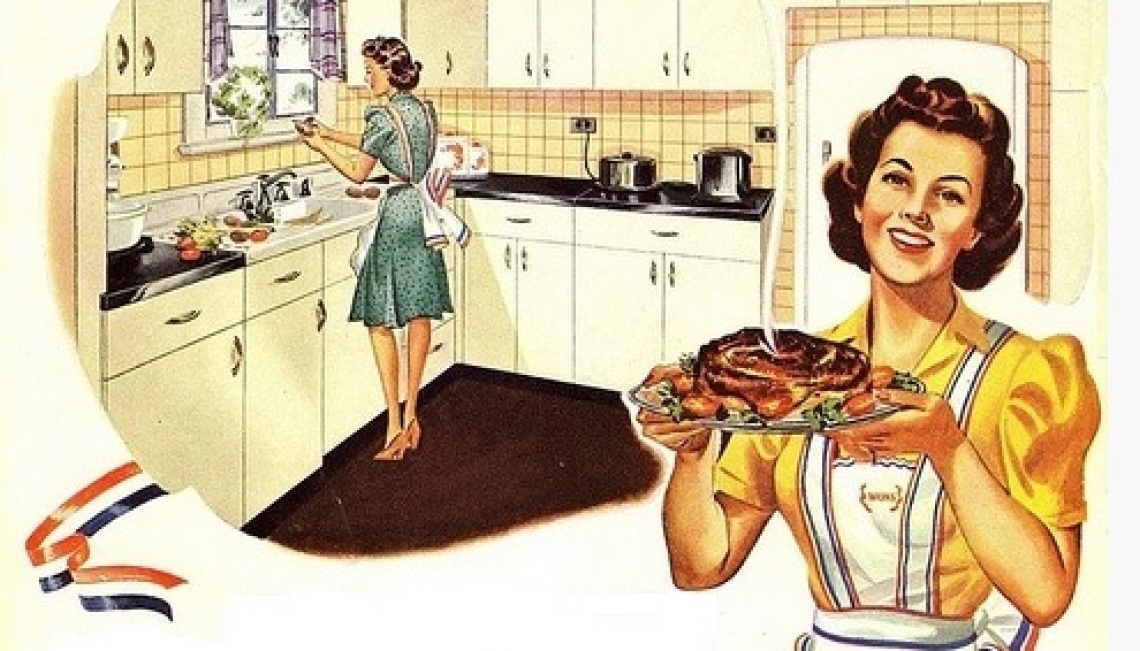
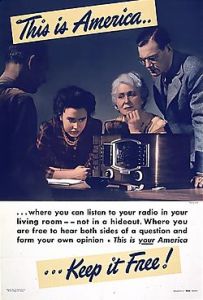
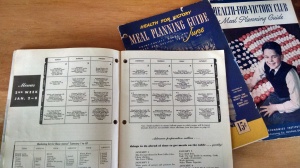

 every inch of lawn space for a Victory Garden. We’re only using about 1/8th of our yard for it and I can’t keep the weeds down.
every inch of lawn space for a Victory Garden. We’re only using about 1/8th of our yard for it and I can’t keep the weeds down.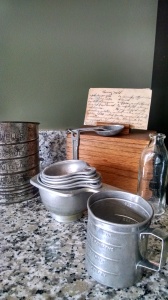
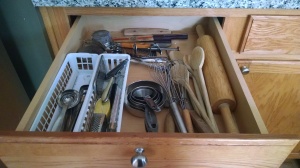
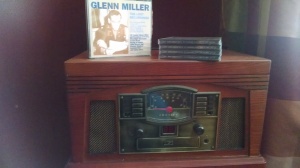 made me realize I had been forgetting that every single kitchen I spent time in as a kid had a radio centered in the kitchen.
made me realize I had been forgetting that every single kitchen I spent time in as a kid had a radio centered in the kitchen.